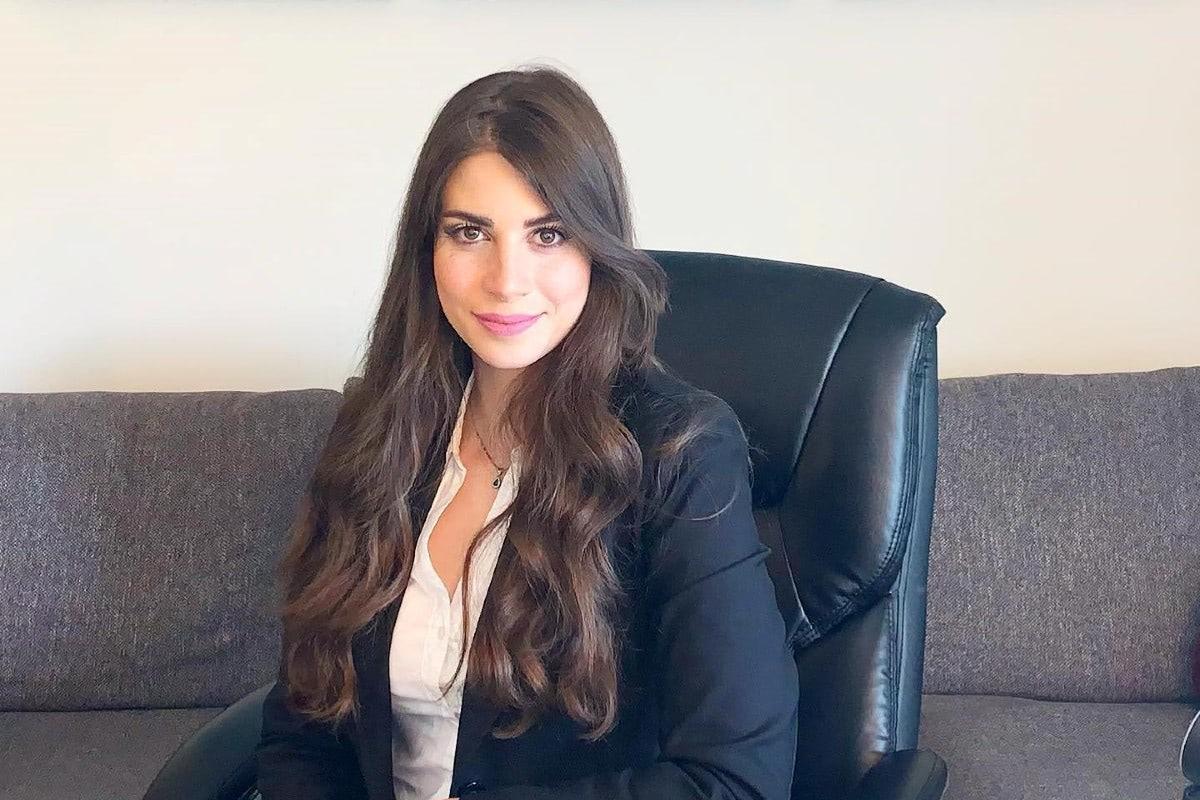Nursing at the Doctoral Level: Q&A with Alumna Maral Torossian
She now pursues her longtime interest in improving the lives of the elderly through the road less traveled in her field: research.
After graduating from LAU’s Alice Ramez Chagoury School of Nursing (ARCSON), Dr. Maral Torossian (BS ’17) went to the University of Massachusetts Amherst (UMass) to pursue her PhD. A few months ago, she successfully defended her dissertation, with a GPA of 3.9 and four publications in peer-reviewed journals.
In the following interview, Dr. Torossian reflects on the inspiration behind her research focus, and what it took to get there, offering valuable advice to nursing students and those contemplating an academic career.
What drove you to pursue research on sleep, fatigue and dignity of older individuals with Alzheimer’s disease and related dementias (ADRD)?
I have always been passionate about improving the quality of life of older individuals, and that is why I chose nursing in the first place.
During my undergraduate years, I felt the need to have an impact on a larger scale, beyond a clinical setting. This drove me to pursue research and publish my studies, so that findings can advance the field of nursing, globally.
The reason I chose sleep, fatigue, and dignity in particular is because the former two are symptoms commonly reported in the population of older adults, and tackling those would have a positive impact on their quality of life.
As for the latter, I have noticed that the dignity of older individuals, especially those with ADRD, is somehow compromised in the healthcare setting. Thus, I pored over research that has been done so far in that area, and identified gaps to guide future research, in order to promote the dignity of older individuals across different healthcare settings.
You have not pursued a “traditional” path for a career in nursing. What career advice would you give to those considering majoring in nursing?
Being where I am now, and envisioning myself doing more research and teaching in two years or so, I feel satisfied and fulfilled by the impact I will be able to make in the lives of patients, and the future generation of nurses.
My message to all those considering majoring in nursing, but are a little hesitant or uncertain, is that there is nothing more rewarding than improving the health of individuals around us.
The beauty of this field is that it is not limited to one work setting or role. If clinical care is your passion, you can be a registered nurse at the bedside. If you are passionate about research and writing, you can become a nurse scientist and publish interesting research studies. If you are passionate about teaching the future generation of nurses, you can follow a career in academia. Nursing opens so many doors, all of which have a significant impact in society and people’s lives.
What did it take for you to get accepted into this BS-PhD program, and go on to publish in peer-reviewed journals? What have been key junctions in your academic journey which you identify as factors that helped you succeed?
Being where I am today did not come easy. It took hard work, focus, discipline, courage, and patience. Besides these factors, two individuals played a significant role in my life, to whom I am forever grateful. First, former ARCSON Dean Anahid Kulwicki, who played an active role in my acceptance in the BS-PhD program at UMass. Second, UMass Professor Cynthia Jacelon, who was my advisor in my graduate and the best mentor, coach, and support system I could have ever asked for. Both Drs. Kulwicki and Jacelon believed in me, and gave me everything they could to maximize my potential.
What is your next step, professionally?
Now that I have graduated with a PhD in Nursing, I will be a post-doctoral fellow at Albert Einstein College of Medicine in New York, working closely with Professor of Neurology and Medicine Joe Verghese. My research will focus on identifying strategies to enhance physical function and autonomy in individuals with cognitive impairment, in order to improve their quality of life.
As a Lebanese-Armenian, my goal is to ultimately collaborate with Lebanese healthcare professionals, and conduct research studies to enhance the health and well-being of the citizens of my dear homeland, Lebanon.
This interview has been edited and condensed for the sake of clarity.
